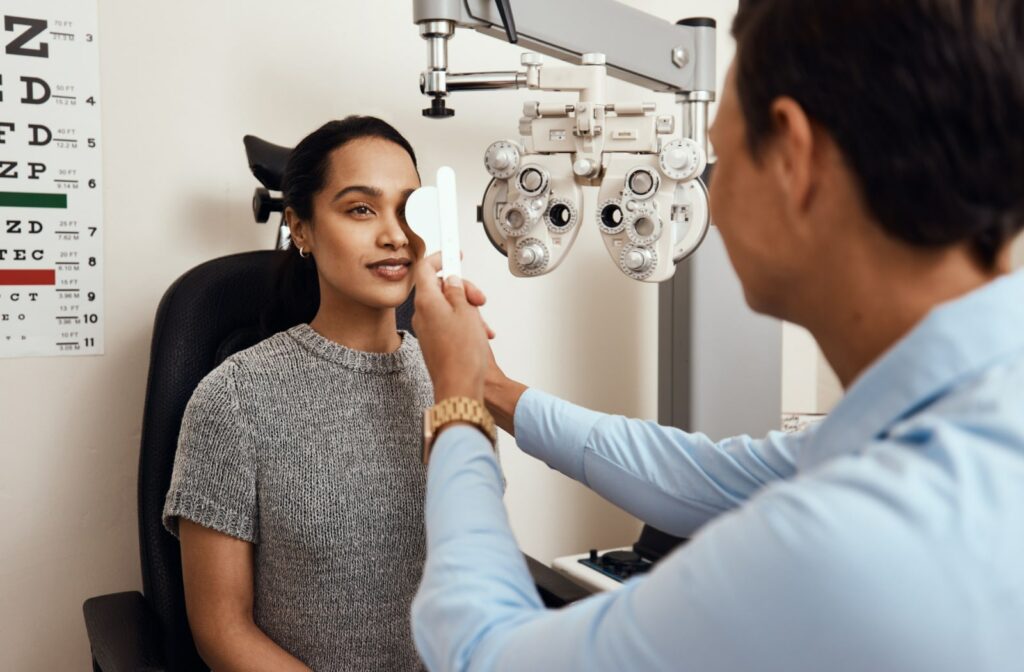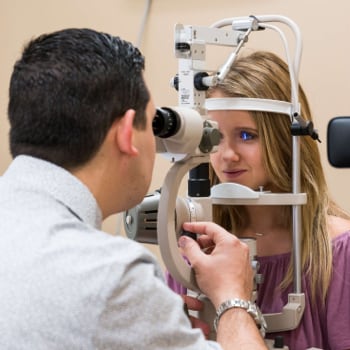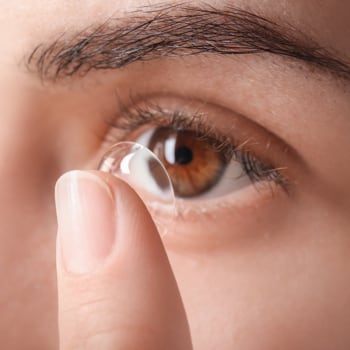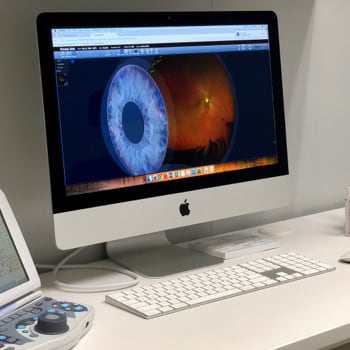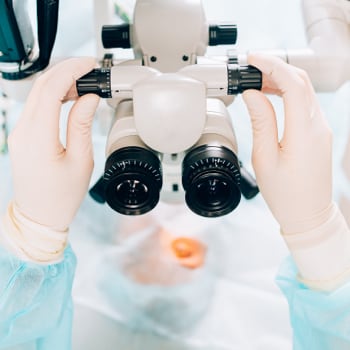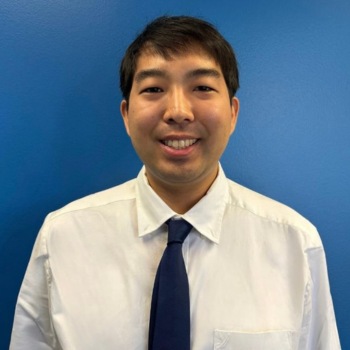Do you ever feel like your eyes are getting more and more strained as the days go by? Do you need to squint or look further away from objects to make them out clearly? If so, it may be time for a comprehensive eye exam. Regular eye exams are essential for maintaining clear vision and overall health of your eyes, yet many people only take advantage of one once their vision has already begun deteriorating.
Knowing how often to get an eye exam is essential. The answer depends on your age, health, and family history. Generally, adults should have an eye exam each year. Children should have their first exam around six months to a year old, and then one exam annually starting at 5 years old.
If you are due for an eye exam, contact the friendly team at Great Hills Eye Care to schedule an appointment today.
Why Are Eye Exams Important?
Your eyes are one of the most important organs in your body, allowing you to see and experience the world around you. That’s why taking care of them is crucial, which includes getting regular eye exams.
During an eye exam, your eye doctor will check for any issues or abnormalities, such as refractive errors, cataracts, or glaucoma. They’ll also evaluate your eyes for signs of other health problems, such as high blood pressure or diabetes. They can detect up to 100 different conditions, including:
- Aneurysm
- Cancer
- Heart disease
- Multiple sclerosis
- Rheumatoid arthritis
- Stroke
Catching these issues early on can prevent future complications and, in some cases, even save your vision. So, schedule an eye exam regularly, even if you think your eyes are healthy. Your eyes will thank you for it.
Types of Eye Exams
Eye exams are paramount in maintaining good eye health. Different types of eye exams cater to specific eye needs. For example, a comprehensive eye exam is an in-depth examination that involves a range of tests such as visual acuity, refraction, color vision, eye movement, and glaucoma testing.
A contact lens exam is designed for those who wear contact lenses and includes measurements of the eye’s surface using a keratometer and evaluation of the contact lens fit.
A pediatric eye exam is tailored to meet the eye care needs of children and is more interactive and less intimidating than an adult eye exam. By knowing the different types of eye exams available, you can schedule the appropriate exam for your particular eye care needs, ensuring the longevity of your vision.
Factors That Determine How Often an Eye Exam Is Needed
Several factors determine the frequency of eye exams, including age, overall health, and family history of eye disease.
Young, healthy individuals without a family history of eye problems may need eye exams less frequently, but we recommend that all patients receive an eye exam at least once per year. In contrast, those with a history of eye disease or certain health conditions, such as diabetes, should have more frequent checkups.
Individuals over the age of 40 should have annual eye exams to detect any age-related eye conditions. By considering these factors, individuals can make sure that they are receiving the appropriate level of eye care.
Benefits of Regular Eye Exams
The benefits of having a regular eye exam do not only lie in its ability to detect numerous health conditions. It also helps a child’s learning abilities both in and outside of school. As many children rely on their eyes when working with classroom boards and increased screen time, a regular eye exam can help them stay focused and on track.
Also, myopia is becoming an epidemic that is affecting our youth at an alarming rate. By attending a regular eye exam, it is possible to slow the progression of myopia with corrective lenses and eyewear.
It’s important to note that an eye exam is different than vision screenings. It is recommended that you get a comprehensive eye exam to check that you’re free from potentially serious eye diseases that don’t have obvious early symptoms, including glaucoma and even eye cancer.
Glaucoma, also known as the “silent thief,” can rob you of your sight without warning. The signs of glaucoma are hard to detect even with a comprehensive eye exam, so getting checked out by an optometrist is beneficial.
Preparing for Your Eye Exam
Taking care of your eyes is crucial for maintaining good health and vision. One of the ways to help keep your eyes in great shape is by scheduling regular eye exams.
Preparing for an eye exam can be intimidating. Fortunately, there are a few easy steps you can take to get the most out of your appointment.
First, make sure you have your insurance information and any previous eye exam records ready to go. If you wear contacts or glasses, bring them to your appointment. It’s also a good idea to bring a list of current medications to show your optometrist, in case any of your medications affect your vision.
Before your exam, consider writing down any questions or concerns you may have so that you remember everything during your visit.
In the end, it’s important to relax. Your eye doctor is there to help you, and a routine eye exam is quick, painless, and relatively straightforward. With a bit of preparation, you can make the most of your eye exam so that your eyes stay healthy and happy.
Looking for an Optometrist in North Austin?
Schedule an appointment with Great Hills Eye Care to receive a comprehensive eye exam, and discuss any concerns you may have about your vision. By choosing Great Hills Eye Care, you can rest assured that your eye care needs will be taken care of quickly and effectively.
Book an appointment today! We have locations in North Austin, Pflugerville, and Georgetown to serve you and your family.

